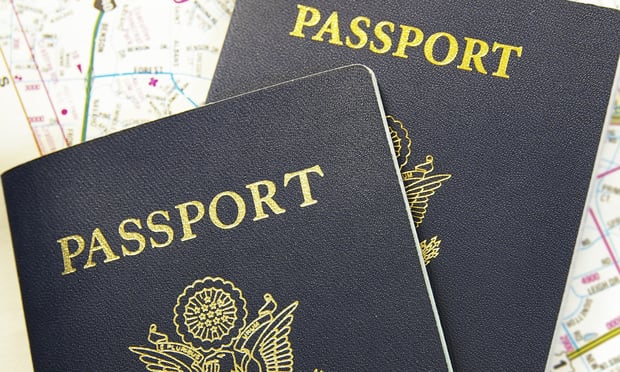The December holidays are among the most popular time of year for parents to travel abroad with their children. Travel to a foreign country in the midst of war or conflict, including recent terrorist events such as the tragic attacks in Paris, can raise serious safety concerns, including as to whether such travel is in the best interests of the children. An intact family decides collectively how best to adjust their travel plans without external intervention, while a divorced or separated parent’s decision on what “risks” to take may be subject to the other parent’s right to object or to court oversight. Although certain parents may be more inclined to seize any opportunity to thwart the other parent’s plans, whether everyday activities or international trips that required months of planning, the analysis of whether an objection to an international vacation is reasonable and should be granted will depend on several factors, focusing primarily on the safety of the travel destination and the particular purpose of the travel.
The mechanism for agreeing to or opposing an international trip is often established by parents in their custody agreement. A custody agreement frequently provides that neither parent will remove a child from the United States without first obtaining the written permission of the other parent or specific leave of court, with the frequent additional provision that permission shall not be “unreasonably withheld.” Parents may specifically agree that a child shall not travel to an area listed by the U.S. Department of State as “countries of particular concern” (as set out at www.state.gov/j/drl/irf/c13281.htm) without the consent of the other parent. As the department requires the traveling parent to obtain a consent to travel authorization from the non-traveling parent for a child to travel internationally, custody agreements frequently provide that each parent will execute and provide the other parent with a signed consent to travel authorization prior to the scheduled travel. Refusing to sign the consent to travel or otherwise withholding consent to a planned international trip can result in the parent with the scheduled trip seeking judicial intervention.
This content has been archived. It is available through our partners, LexisNexis® and Bloomberg Law.
To view this content, please continue to their sites.
Not a Lexis Subscriber?
Subscribe Now
Not a Bloomberg Law Subscriber?
Subscribe Now
LexisNexis® and Bloomberg Law are third party online distributors of the broad collection of current and archived versions of ALM's legal news publications. LexisNexis® and Bloomberg Law customers are able to access and use ALM's content, including content from the National Law Journal, The American Lawyer, Legaltech News, The New York Law Journal, and Corporate Counsel, as well as other sources of legal information.
For questions call 1-877-256-2472 or contact us at [email protected]



